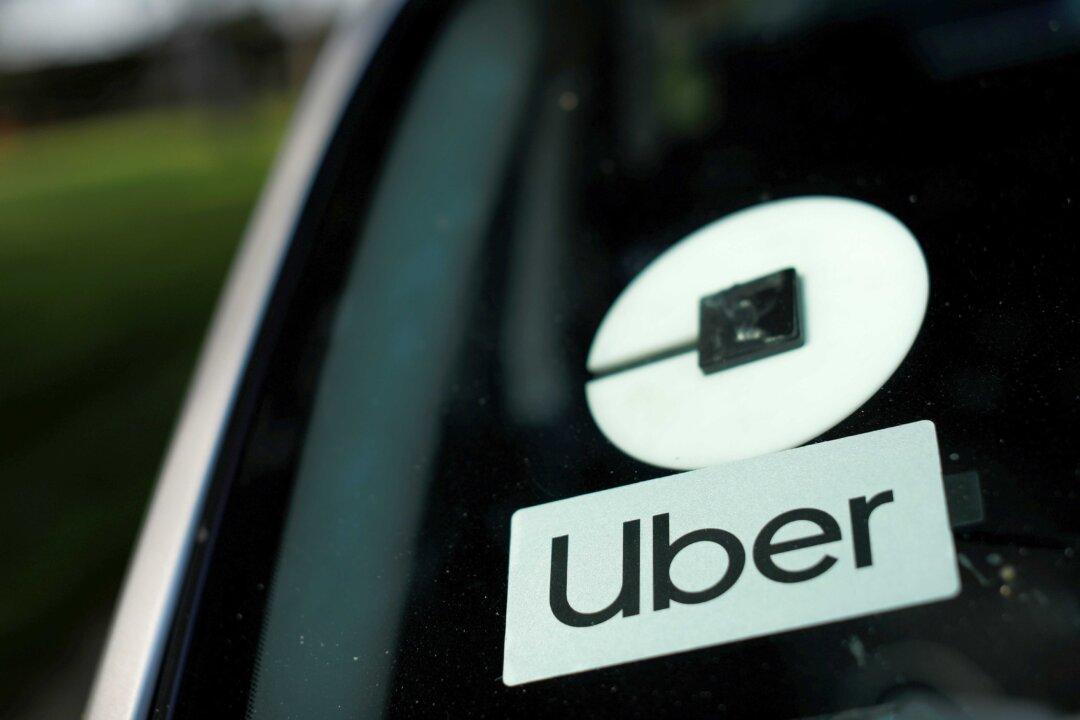A federal appeals court ruled on Friday that Uber had a duty to use “reasonable care” when pairing riders with a Washington driver who was killed by two passengers in a failed carjacking attempt.
The case stems from the death of Cherno Ceesay, who was fatally stabbed by Devin Kekoa Wade and Olivia Breanna-Lennon Bebic after accepting their ride request on the Uber app in December 2020.





